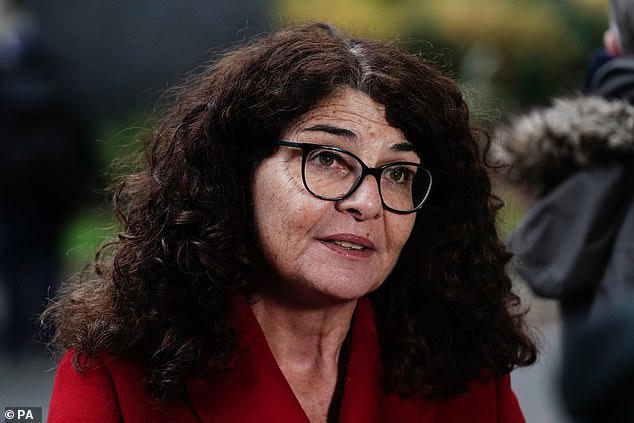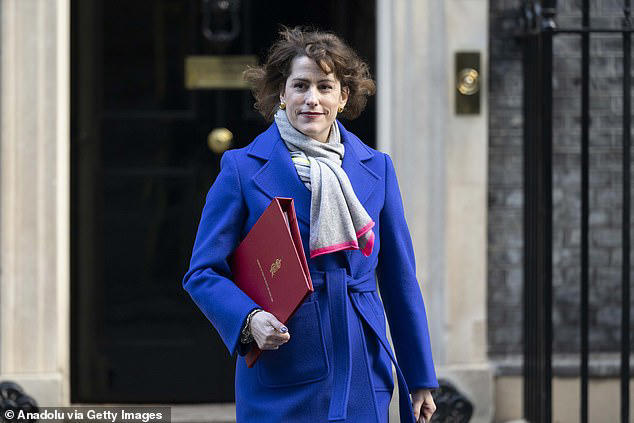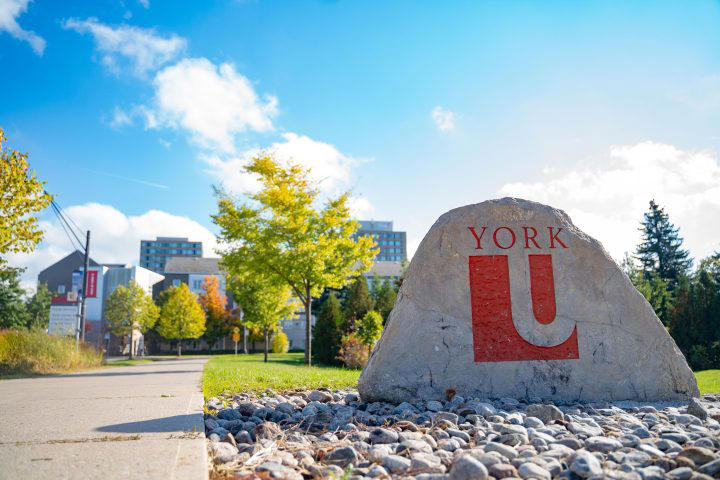Alcoa makes $2.2 bln offer for Australian aluminum peer Alumina
Story by Investing.com •

Alcoa makes $2.2 bln offer for Australian aluminum peer Alumina© Reuters
Investing.com-- Alcoa Corp (NYSE:AA) said on late-Sunday it made a $2.2 billion, all stock offer to take over Australian aluminum producer Alumina Ltd (ASX:AWC) and potentially create one of the world’s largest bauxite and alumina producers.
Pittsburgh-based Alcoa said Alumina shareholders will receive 0.02854 Alco shares for each Alumina share, representing a per-share value of about $.076 based on Alcoa’s last close.
The figure values Alumina at about $2.2 billion, and represents a nearly 13% premium to the firm’s close on Friday. Shares of Alumina rose 4.4% to $1.065 in Australian trade on Monday.
Alumina’s board said that it, along with the top leadership, intend to recommend the takeover offer to shareholders, and that the firm had entered a 20-day exclusivity period with Alcoa for the deal.
The two firms are already part of the the Alcoa World Alumina and Chemical (AWAC) joint venture, which accounts for about a quarter of the world’s alumina supply. Alcoa is the main operator of the venture and holds a 60% stake in the venture.
“Alcoa has been a proven operator of AWAC, and we recognize the value creation opportunities possible under a simplified ownership structure,” Alcoa President and CEO William F. Oplinger said in a press release.
Under the proposed deal, Alcoa will take up a secondary listing on the Australian Securities Exchange. The firm has also entered an agreement with Allan Gray Australia, Alumina’s biggest shareholders, to buy an up to 19.9% stake in Alumina.


















